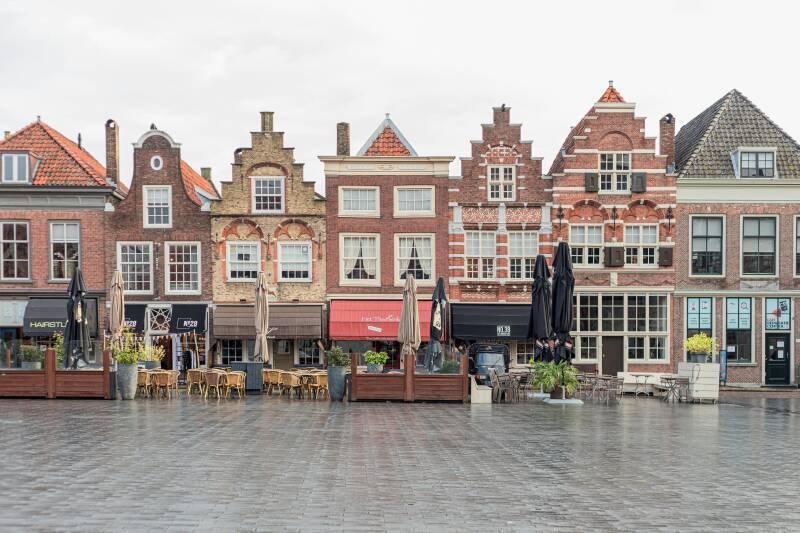Moving abroad after 25 often means balancing work, family, and personal life—all while adjusting to a new culture. For expats in Belgium or the Netherlands, learning Dutch can transform your daily experience from frustrating to fulfilling. Even if many locals speak English, Dutch is the key to feeling truly at home.
1. Bureaucracy Without Stress
Documents, housing contracts, healthcare forms—most of them are written in Dutch. Knowing the basics means you won’t feel lost when dealing with local authorities, hospitals, or schools. It saves time, money, and unnecessary stress.
2. Connecting With Neighbors
Sure, you can get by in English. But when you greet your neighbor with a friendly “Goedemorgen” or make small talk in Dutch, you immediately feel part of the community. Adults often seek stability and belonging—and language is the fastest way to get there.
3. Everyday Practical Wins
From ordering at the butcher, to asking for directions, to reading offers at the supermarket—Dutch gives you independence. Instead of relying on translations or help from others, you can manage life confidently on your own.
4. Long-Term Belonging
If you plan to stay in Belgium or the Netherlands for years, Dutch is the foundation of true integration. It helps your children succeed in school, makes friendships deeper, and gives you access to opportunities that remain hidden if you only speak English.
Learning Dutch isn’t just about language—it’s about belonging. For expats and adults starting a new chapter abroad, it’s the smartest investment you can make in your happiness.
👉 Start building your new life with DutchProf today: [www.dutchprof.com](https://www.dutchprof.com/)

Add comment
Comments